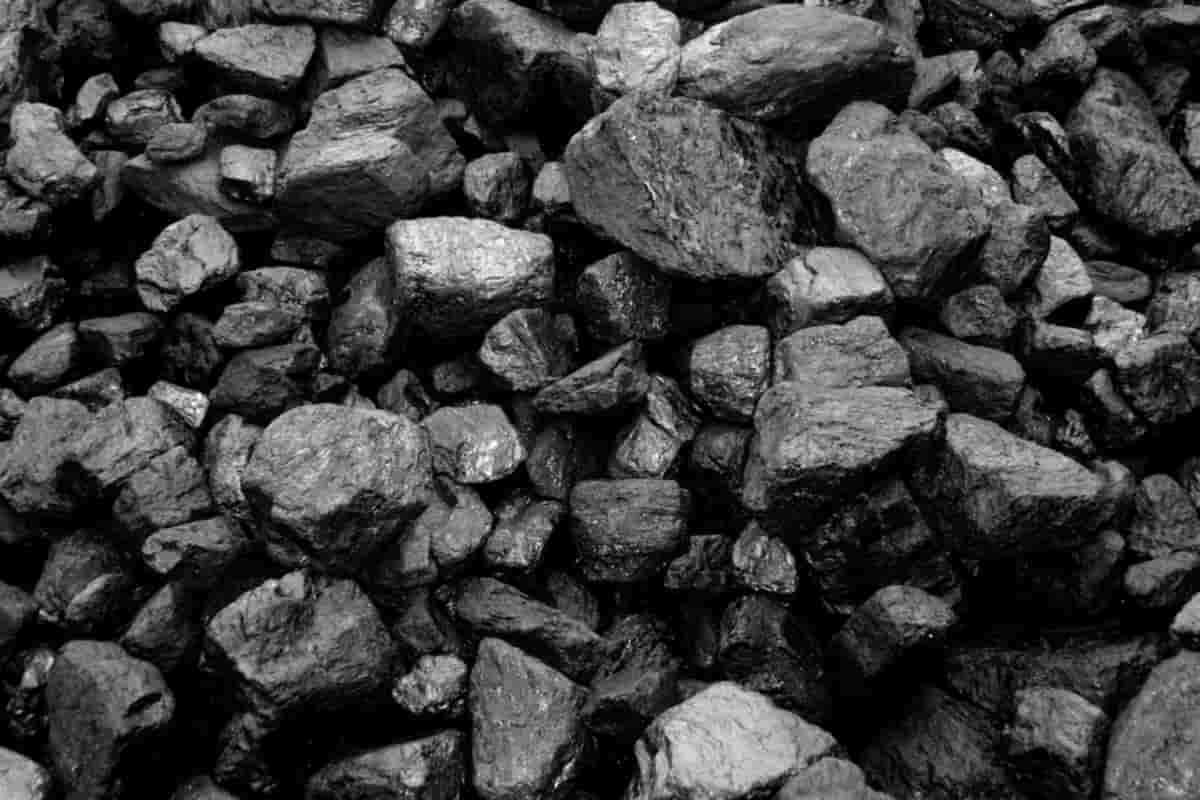What bituminous Surface Treatment means and variations
The term "bituminous surface treatment" (BST) means and refers to variations of procedures that can be utilized to either construct a stand-alone drivable surface on a low-volume road or to rehabilitate an existing pavement.
bituminous surface treatment means
Both of these goals can be accomplished by applying the appropriate BST.
Typically, this phrase is what is used to refer to a seal coat, also known as a chip seal.
This type of seal is created by first spraying a coating of emulsified asphalt, and then adding a layer of aggregate on top of that.
BSTs can be put directly on a road base, or on a preexisting asphalt pavement structure, and provide a low-cost substitute for typical asphalt paving.
There are many contexts in which chip seals are a good choice.
When put to a base course, they can serve as a low-cost alternative to conventional paving materials for roads with low traffic volumes.
On an existing road, they can be utilized to cover cracks, offer a fresh wearing course, and provide protection from sunshine and moisture.
Because of the high level of friction and skid resistance that BSTs give, the driving surface they create is quite safe.
Chip seals should only be used to rehabilitate tiny distresses on a roadway, such as worn surfaces, raveling, and small cracks.
This is the only appropriate application for chip seals.
When the fractures become excessively broad or when the pavement has experienced a large amount of structural deformation, it is likely that they will function inadequately.
Chip seals work best on rural roads that see a limited volume of traffic on a daily basis.
In urban environments, additional forces brought on by turning and acceleration might cause difficulties with chip seals before they have built up sufficient strength.
Chip seals also have a propensity to produce more traffic noise than conventional asphalt pavements, which is another reason why they are not a popular choice in regions with high population density.
There is no hard and fast rule that precludes the use of chip seals on roads with a certain volume of traffic; nonetheless, practically all specifications in the United States and Canada limit their application to roads that see less than 20,000 vehicles per day.
A few states utilize either 5,000 or 2,000 as their limit, which indicates that there is some confusion over the appropriate range to use.
Materials
The construction of an effective chip seal requires careful consideration when choosing the materials to be used.
This comprises the asphalt that has been emulsified in addition to the aggregate.
The term "emulsified asphalt" refers to nothing more than a combination of water and asphalt binder.
Always use asphalt with a high viscosity, as the effectiveness of a chip seal is dependent on the aggregate becoming embedded in the asphalt layer.

bituminous surface treatment cost
In addition, the time for the setting must be chosen carefully with consideration given to the conditions of the weather and the traffic control, both of which will be covered in a subsequent section.
In contrast to other varieties of asphalt pavement, chip seals demand entirely consistently graded aggregate or aggregate that falls within a very narrow size range.
This characteristic sets chip seals apart from other kinds of asphalt pavement.
With standard asphalt pavements, densely graded aggregates are used to limit the number of air voids.
However, in chip seals, aggregates of the same size are used, which enables embedding into the asphalt and interlocking between the particles.
When designing chip seals, it is necessary to take aggregate size into consideration.
Because larger aggregates may be utilized with greater quantities of emulsified asphalt, they offer a higher level of crack sealing.
However, the increased material amounts come at a higher cost and larger aggregate results in an increase in the amount of noise produced by roadways.
Aside from their size, the particles that makeup aggregate should have an angular shape, not be excessively skinny, and be reasonably free of small particles that cling to them.
Construction Factors to Take into Account
Before beginning construction on a chip seal, any serious flaws in the structure that already exists must first be addressed and fixed.
For instance, in the event that alligator cracks are found, subgrade repair might be necessary.
If there are any potholes on the road, they need to be repaired.

bituminous surface treatment
After that, you should sweep the area to get rid of any particles that can prevent the asphalt from adhering properly to the pavement that is already there.
Following the placement of the asphalt and aggregate, chip seals are compacted in a manner that is analogous to that of hot mix asphalt pavements.
When it comes to chip sealing, many types of rollers come with their own unique set of benefits and drawbacks.
On an uneven surface, pneumatic rubber tire rollers can produce more uniform compaction, but they have a tendency to pick up individual particles of aggregate on the tires.
On the other hand, rollers with steel wheels run the risk of fracturing the aggregate.
For this reason, pneumatic rubber tire rollers are typically chosen over steel wheel rollers as the appropriate option.
After the surface has been compacted, it is critical to prevent traffic from using it until the percentage of wetness has reached a level that is considered acceptable.
The amount of time required for this process is proportional to the emulsion's rate of setting: slow, medium, or quick.
If traffic is allowed to use the road before it is completely finished being paved, the surface of the pavement may lose some of its particles.
When it comes to the restoration of roads with modest traffic volumes, bituminous surface treatments are a cost-effective choice.
Even though they are not the best solution for every project, they have become an appealing alternative in a world where limited finances for maintenance and rehabilitation are spread across extensive roadway networks.
For more information on bitumen and other bituminous materials, feel free to contact us.
Our sales executives are ready to give you all the necessary information.

How useful is this article to you?
Average Score
5
/
Number of votes:
1



